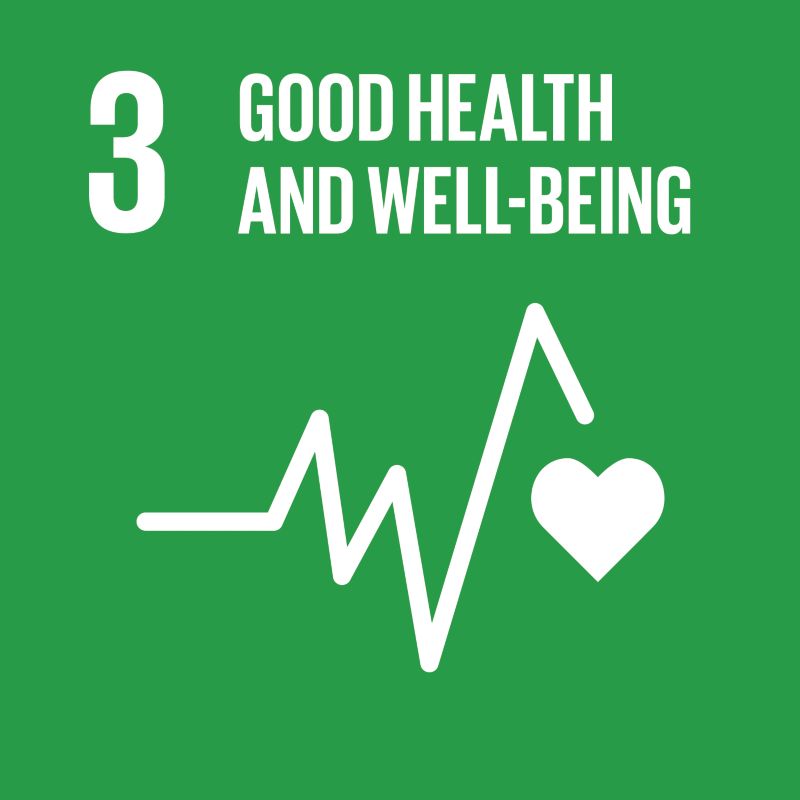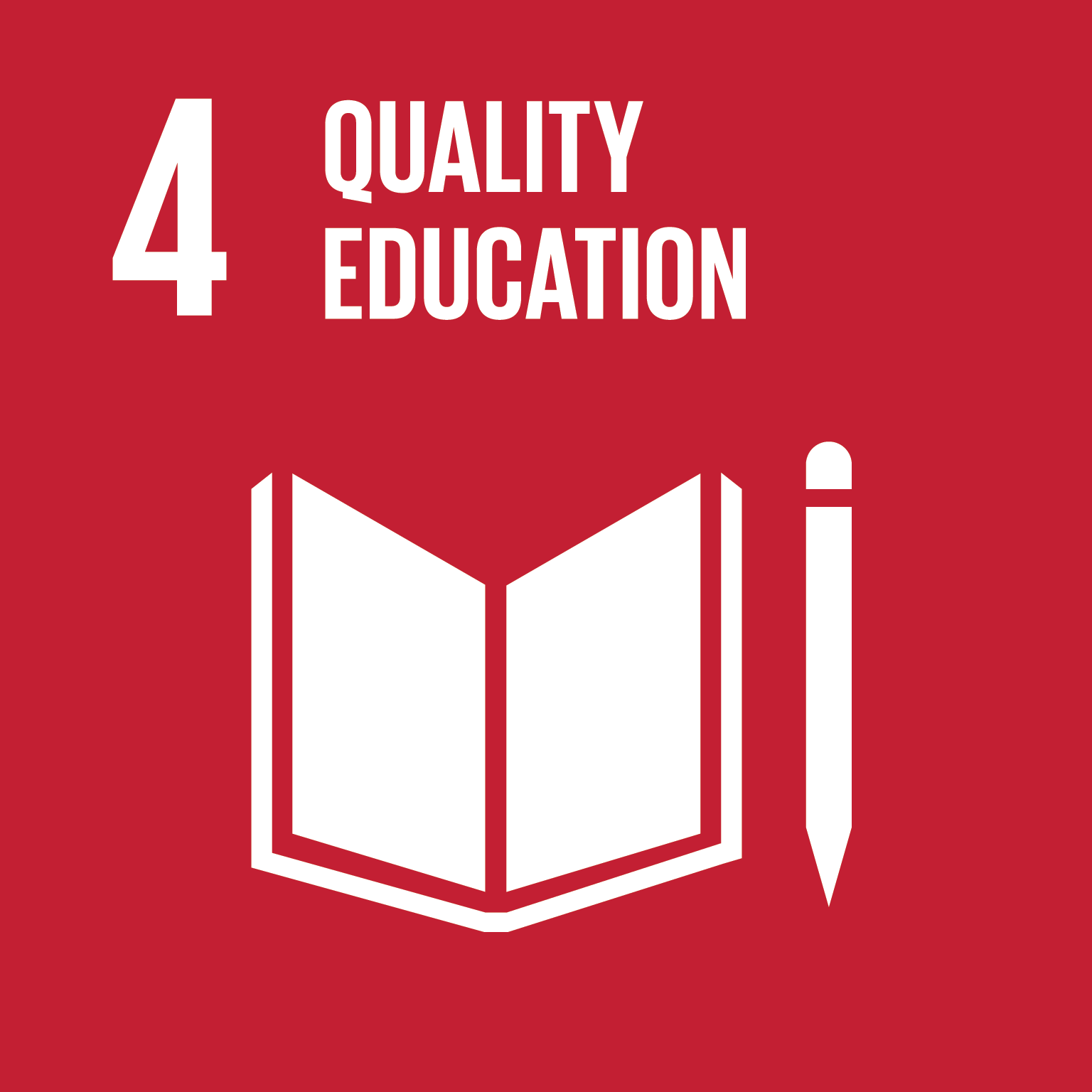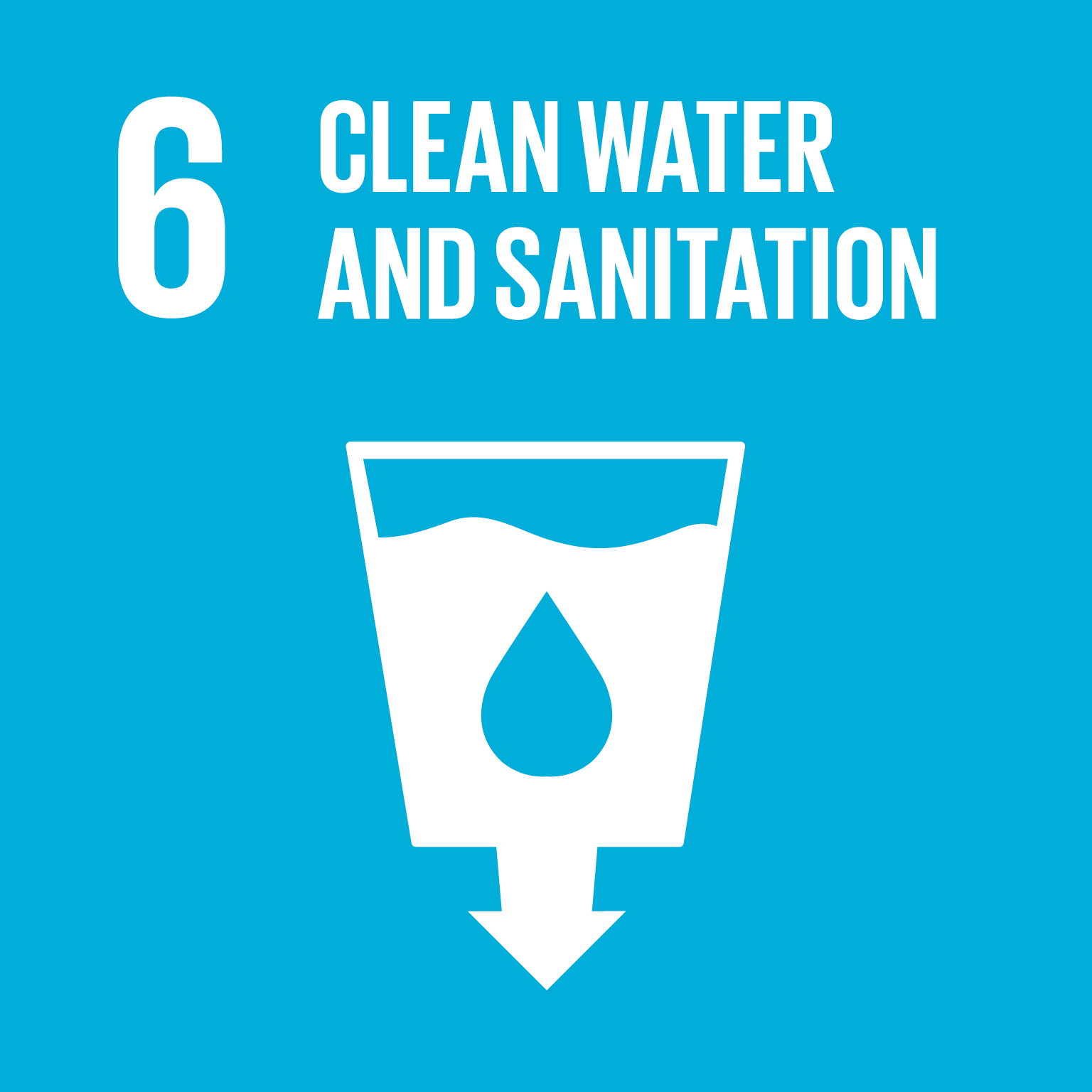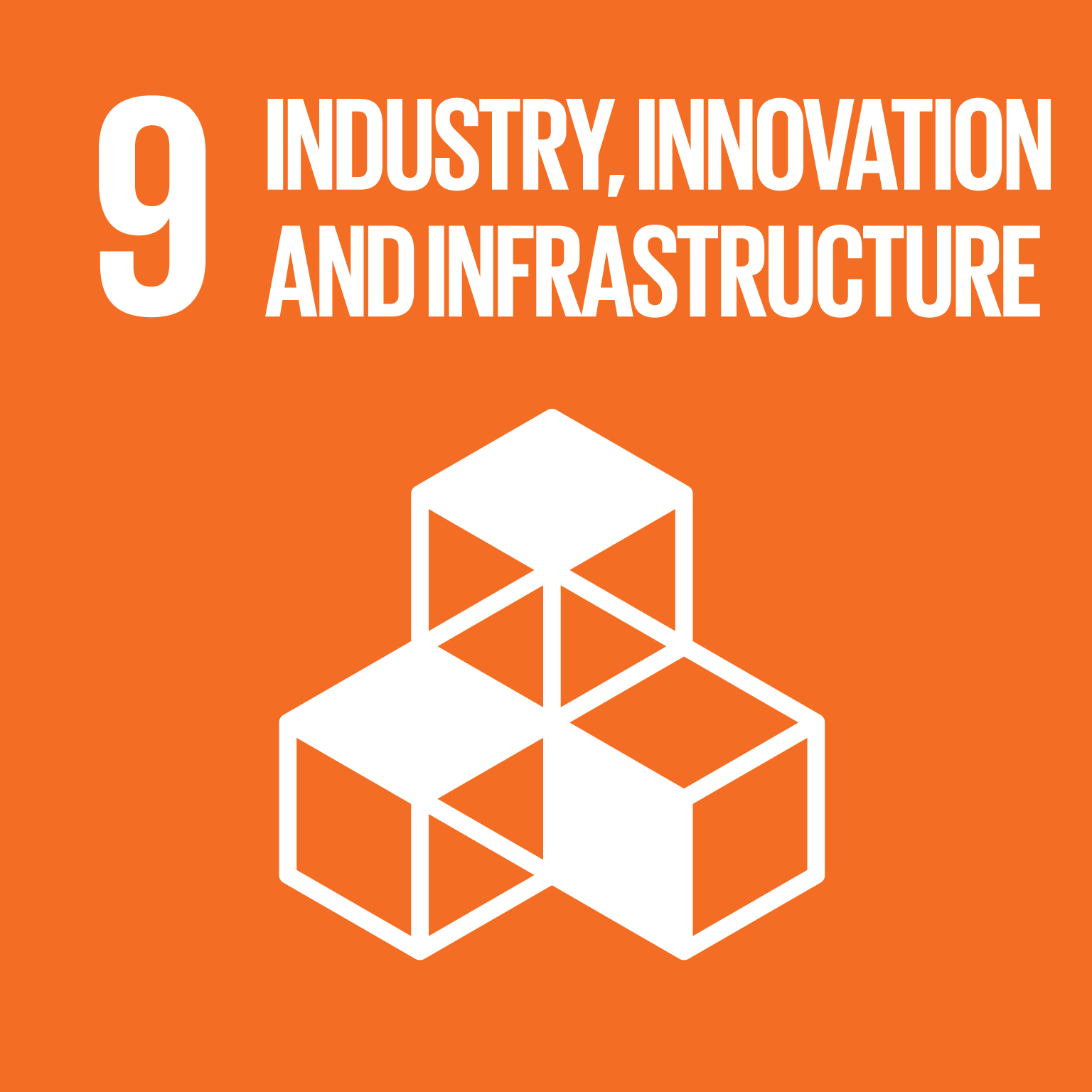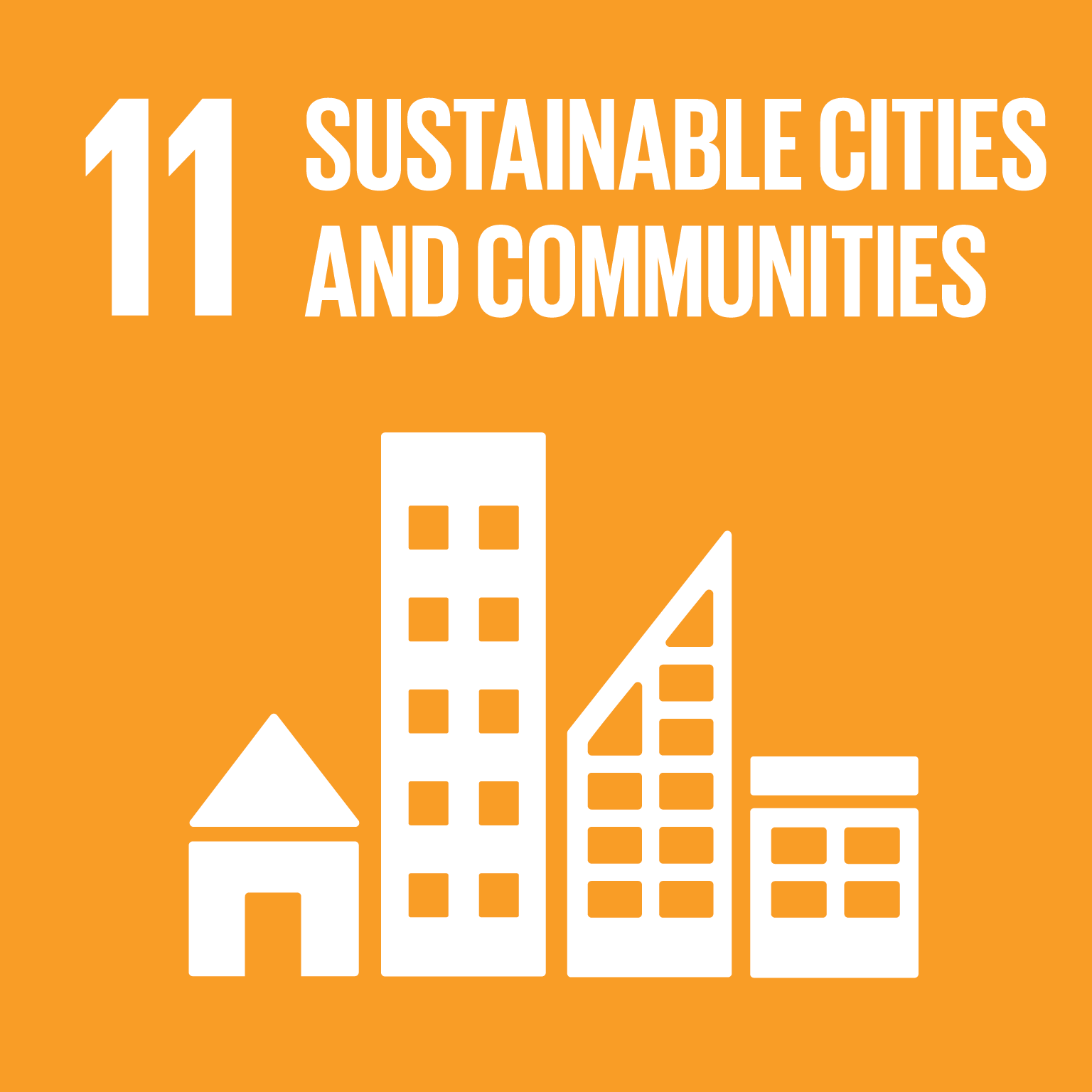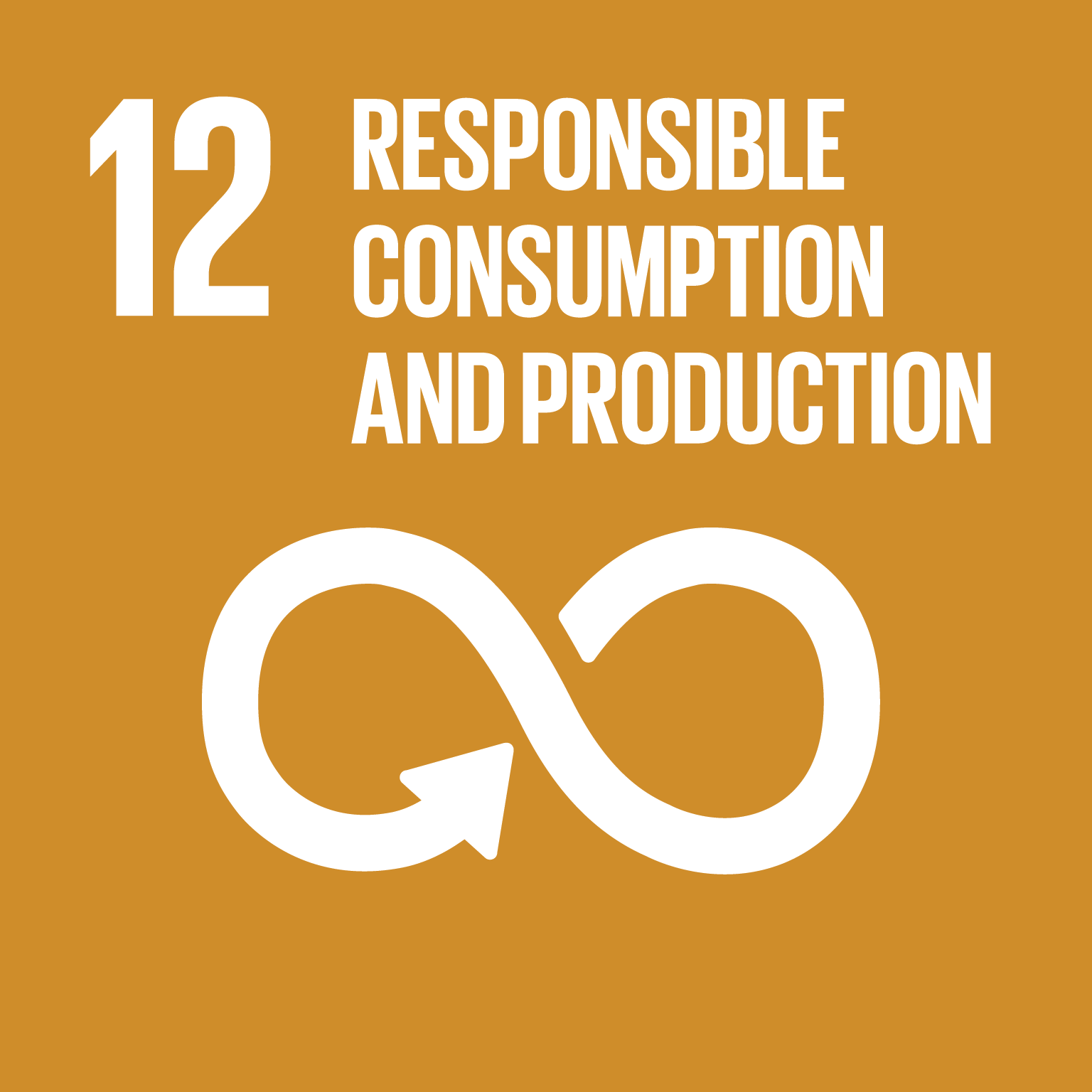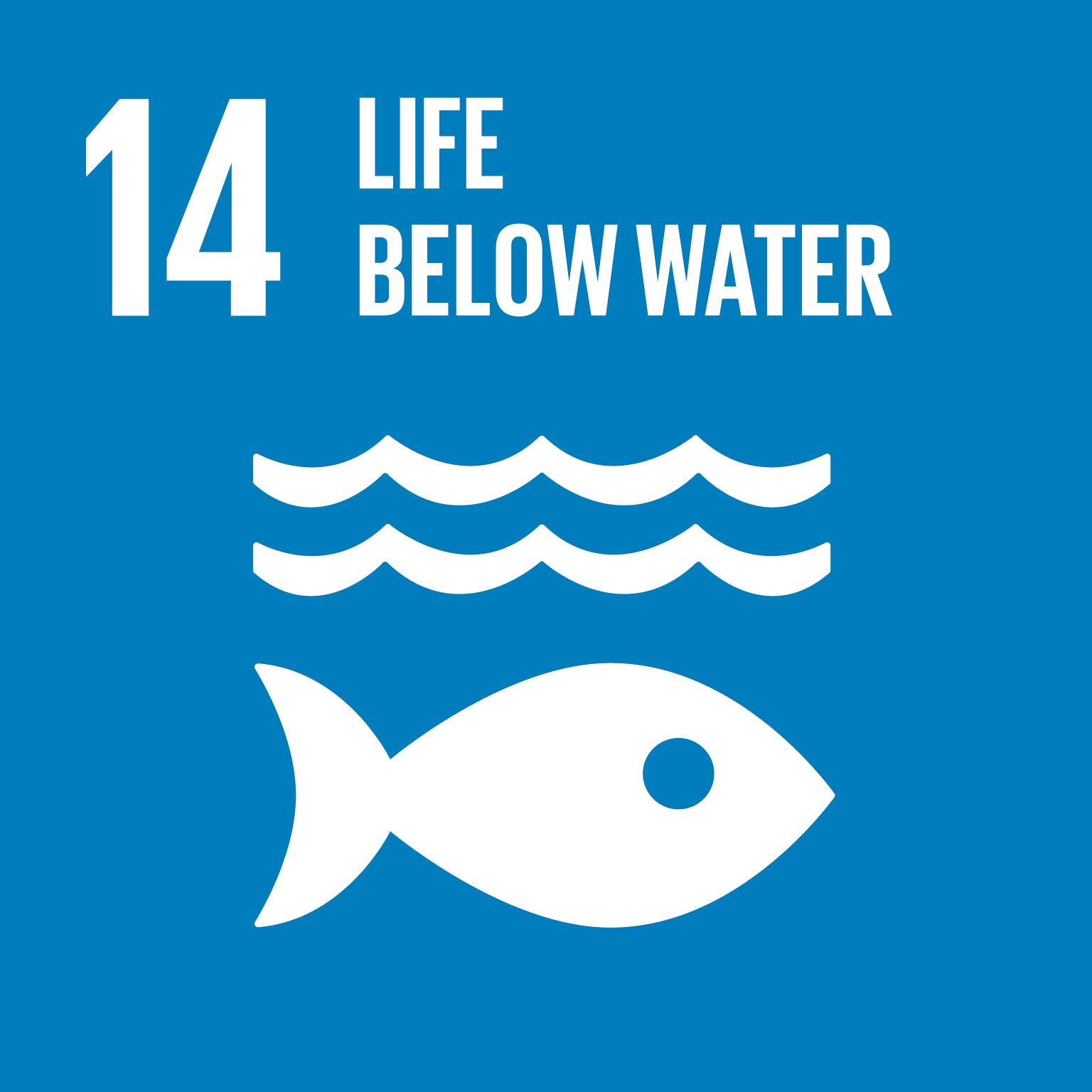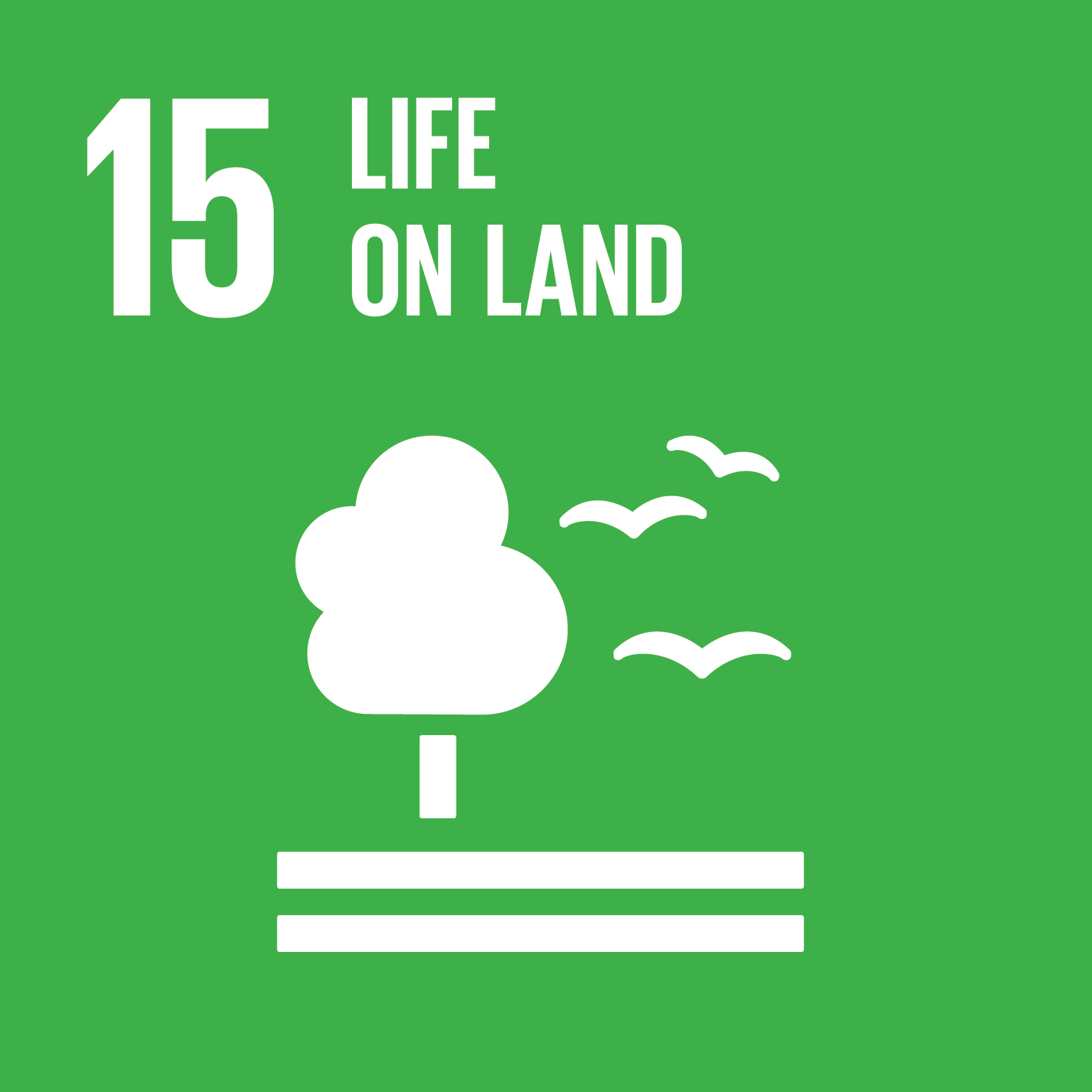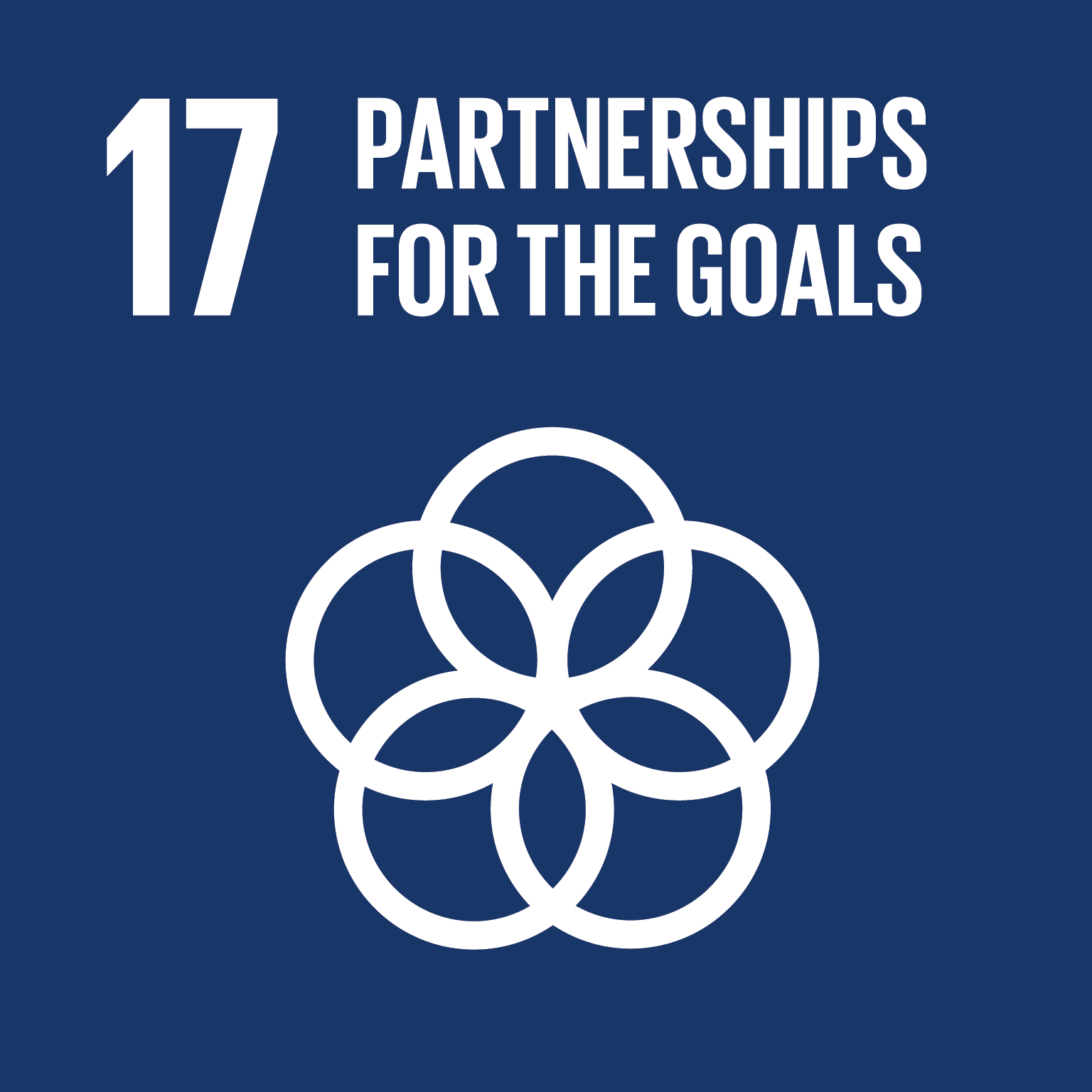The aims of this research partnership between Melbourne Water and RMIT University is to help prevent aquatic pollution.
The aims include to:
1. Undertake dedicated, timely and relevant research to identify and manage pollutants in waterways and bays, covering both urban and rural waterways in the Port Phillip and Westernport Bay area and prioritisation and design of interventions for the protection and improvement of waterway and bay ecosystems.
2. Develop formal strategies and activities to integrate findings from the research into Melbourne Water’s policy and practice.
3. Develop formal opportunities for staff development and two-way exchange between Melbourne Water staff and Partner Organisation researchers, through secondments, exchange programs and student research projects.
4. Work collaboratively with other research groups and institutions as appropriate.
Project timeline: 2018 - 2023
Key contributors: Vincent Pettigrove, Dayanthi Nugegoda, Claudette Kellar, Jackie Myers, Sara Long, Kathryn Hassell, Monica Tewman, Rhys Coleman
Find out more: New partnership to help prevent aquatic pollution

This project addresses the following Sustainable Development Goals and Targets:
3.9 By 2030, substantially reduce the number of deaths and illnesses from hazardous chemicals and air, water and soil pollution and contamination
4.7 By 2030, ensure that all learners acquire the knowledge and skills needed to promote sustainable development, including, among others, through education for sustainable development and sustainable lifestyles, human rights, gender equality, promotion of a culture of peace and non-violence, global citizenship and appreciation of cultural diversity and of culture’s contribution to sustainable development
6.3 By 2030, improve water quality by reducing pollution, eliminating dumping and minimizing release of hazardous chemicals and materials, halving the proportion of untreated wastewater and substantially increasing recycling and safe reuse globally
6.6 By 2020, protect and restore water-related ecosystems, including mountains, forests, wetlands, rivers, aquifers and lakes
6.b Support and strengthen the participation of local communities in improving water and sanitation management
9.5 Enhance scientific research, upgrade the technological capabilities of industrial sectors in all countries, in particular developing countries, including, by 2030, encouraging innovation and substantially increasing the number of research and development workers per 1 million people and public and private research and development spending
11.6 By 2030, reduce the adverse per capita environmental impact of cities, including by paying special attention to air quality and municipal and other waste management
12.4 By 2020, achieve the environmentally sound management of chemicals and all wastes throughout their life cycle, in accordance with agreed international frameworks, and significantly reduce their release to air, water and soil in order to minimize their adverse impacts on human health and the environment
14.1 By 2025, prevent and significantly reduce marine pollution of all kinds, in particular from land-based activities, including marine debris and nutrient pollution
14.2 By 2020, sustainably manage and protect marine and coastal ecosystems to avoid significant adverse impacts, including by strengthening their resilience, and take action for their restoration in order to achieve healthy and productive oceans
15.1 By 2020, ensure the conservation, restoration and sustainable use of terrestrial and inland freshwater ecosystems and their services, in particular forests, wetlands, mountains and drylands, in line with obligations under international agreements
17.14 Enhance policy coherence for sustainable development
17.17 Encourage and promote effective public, private and civil society partnerships, building on the experience and resourcing strategies of partnerships

Get in touch
For more information or to discuss partnership and collaboration opportunities, email us at SDGs@rmit.edu.au.
For more information about RMIT’s sustainability commitments and activities visit www.rmit.edu.au/sustainability
